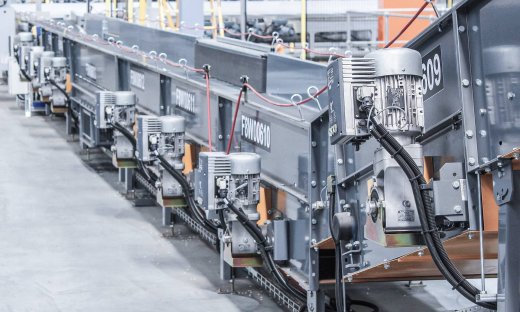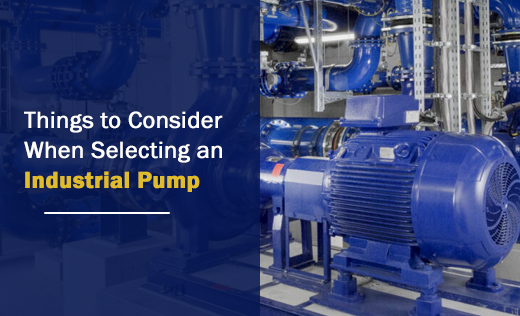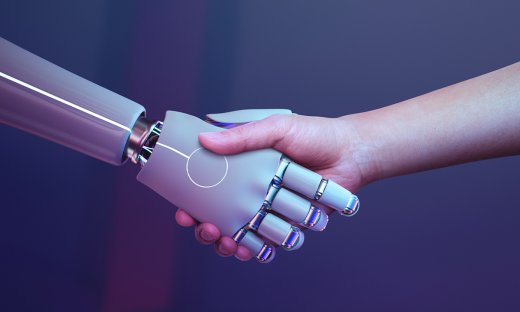
In today’s globally competitive market, Industrial Automation plays a vital role in the Manufacturing and Process Industry. The fundamental purpose of Industrial Automation is to improve productivity, quality, reliability, and safety while reducing cost and time. With the enhancements in the technology in hardware and software, Automation Engineering has moved on swiftly from the conventional control engineering in the process industries to daily endeavours, agriculture, communications, and advanced medical engineering.The basic concept of Automation is to enable machines, systems, and facilities to operate independently with minimal human intervention. It consists of complex layers of devices that work in tandem to achieve a specific objective as follows.
1. Field Level: Field devices are the primary level which includes sensors and actuators. These devices transfer the process data of processes to the next level for monitoring and analysis.
- Sensors are used for the acquisition of real-time parameters like Temperature, Pressure, Level, Flow, etc. into electrical or Optical Signals.
- Actuators convert the electrical signals from the controllers into Mechanical means to control the process. Control valves, Relays, and Servomotors are prime examples of Actuators.
2. Control Level: The Control Level consists of various automation devices like Programmable Logic Controllers (PLCs), Distributed Control Systems (DCS), etc. These devices acquire parameters from sensors and drive the actuators based on sensor signals and control techniques.
- PLCs are robust industrial controllers which can deliver automatic control functions based on input data from the field devices.
- DCS is an advanced integrated controller used for large process industries.
3. Supervising and Control Level: This level consists of systems that continuously monitor and supervise the process and provide controlling and overriding functions to the operator. Distributed Control Systems (DCS), Supervisory Control and Data Acquisition (SCADA) or Human Machine Interface (HMI) are mainly used at this level.
4. Information Level: The Information Level is the top level of Industrial Automation. This level is predominantly focused on commercial aspects and less inclined to the technical side. These communication networks are indispensable to the whole system as they transfer information between different levels and ensure the continuous flow of information.
With all these advantages of Industrial Automation, some disadvantages come along as part of the package. There is a significant high initial cost involved to make the transition from manpower to an automation system.


Industrial pumps are essential components used in various industries to transfer fluids and handle diverse applications. Choosing the right pump for your specific needs can significantly impact operational efficiency, energy consumption, and maintena

From the inception of the industrial revolution, the topic "Automation" has been at the heart of hot discussions and debates all over the globe. Automation has remained a critical yet controversial topic of debate among Industrialists, economists, an